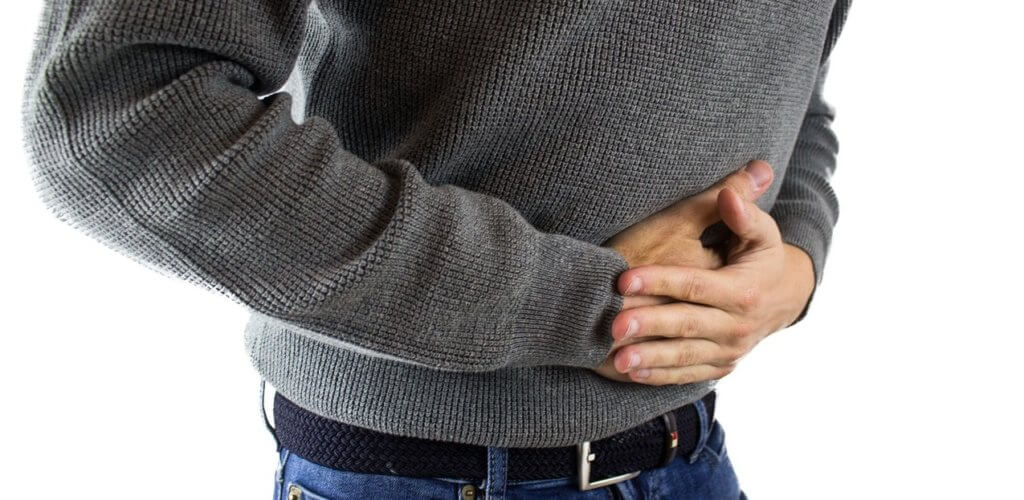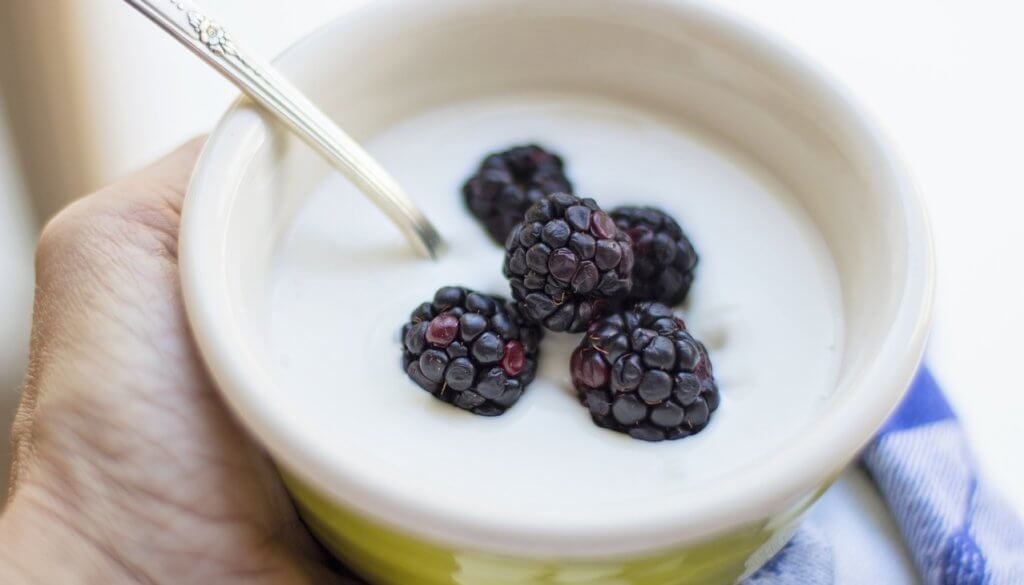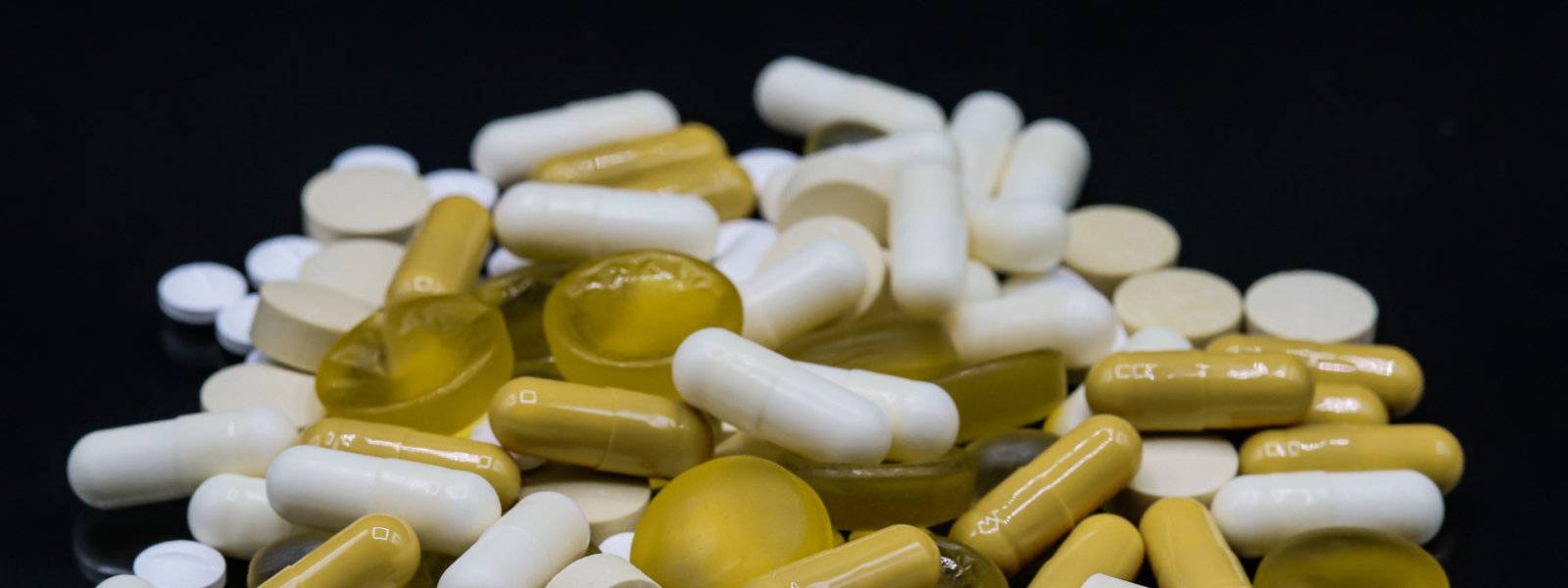Eating to manage the side effects of PH medication
Constipation, obstipation, and diarrhea can all be side effects of some medications, but symptoms can be eased through the right nutrition. Chermaine Kwant, a registered dietician with lived experience of PH, explains…
Diarrhea is a very common side effect of some PH medication, and constipation and obstipation (difficulty passing an accumulation of dry hard feaces) can occur too. Eating well, however, can help you have better intestinal health.
Dealing with diarrhea

Diarrhea can be caused by the diuretics (water tablets) that many people with PH take. Prostacyclins – the drugs that some patients take intravenously via a pump – are also known to accelerate bowel movements (known as defecation, or ‘having a pooh’), which can cause diarrhea.
When you have diarrhea, this can affect how much nutrition you absorb from the food you eat. This can result in less energy, and it can also affect how much medication you absorb.
This is what you can do to help yourself…
Keep a diary
It can help to keep a basic diary, to keep a log of which foods make things worse for you. For example, some people have problems with onions or spicy food, or they find it difficult to digest dairy products. If you keep a diary of what you eat and when you experience problems with diarrhea, this will help you learn which foods can make things worse.
Avoid too much fibre
When you have diarrhea, your intestines are over-stimulated, so it’s important not to stimulate them even more. Fibre can stimulate them and encourage defecation, so it’s a good idea to avoid having too much of this if you are experiencing diarrhea.
Choose white bread or rice instead of brown or wholegrain, for example, and avoid raw vegetables. Ensure they are cooked well and consider blending them into a soup. Chicken broth can also be very beneficial.
However, when you have medication that causes diarrhea as a side effect, you have to live with it – and you can’t live forever on chicken broth! So, my advice is to listen to your body, and keep a diary, to discover what works for you and what doesn’t.
Use rehydration drinks
Diarrhea means you are passing lots of water through your body, so rehydrating in the right way is important.
It’s a good idea to visit your local chemist to ask them about rehydration drinks, which are a combination of minerals and sugars, to help replenish what’s being lost through diarrhea.
Alternatively, you can easily make these types of drinks yourself. Take a glass of water, add in a pinch of sugar and a pinch of salt, and shake it up. Simple!
If you lose your appetite..
If you feel nauseous or lose your appetite whilst experiencing diarrhea, it’s not a problem if you don’t feel like eating much for a day or two. You must keep on drinking though, to ensure your body stays hydrated. This will help ensure that the medication you are taking is being absorbed into your body.
Coping with constipation

If your problems are at the other end of the scale, and you’re experiencing constipation or obstipation, drinking lots of water is definitely one of the best pieces of advice in this case. This will help to soften the stools to encourage them out of your system.
High fibre foods are also helpful here. Something like vegetable soup is a good idea as you get the fibre and the fluids in one. Warm foods can also help when you have problems with your digestion or intestines and bowels.
It’s important to remember that most people with pulmonary hypertension will have a fluid restriction. Therefore, you need to ensure your fibre intake and fluid intake is balanced. That’s because if you have a lot of fibre but don’t increase the fluid, your obstipation and constipation will worsen. It’s always about balance.
Exercise can also help if you have constipation or obstipation. Even a small walk will help your intestines move, to push the waste through. It’s important to keep moving if you can.
Massaging your abdomen can also help, but this should be done in a counter-clockwise direction.
Advice for general digestive health

Eating foods rich in probiotics, or taking a probiotic supplement, can be very beneficial for digestion. Probiotics can be found in fermented foods, such as some yogurts and cheeses, kefir, and sauerkraut. The fermented drink ‘kombucha’ is available in lots of places too. Feeding the bacteria inside your intestines in this way will help.
If you are going to eat more healthily and try to fix your intestinal health, for the first two weeks, your complaints may get even worse, before things improve. But keep going, as eventually it will get better.
Remember that digestion starts when you chew your food. Eat slowly and avoid drinking fluids whilst you are eating a meal. This is because drinking will thin the stomach acid, which digests the food you are taking in. Some people with pulmonary hypertension experience reflux because the stomach is already irritated by medications, so I would never advise to drink with your meal.
Ultimately, everyone is different and when it comes to digestive issues, there is no answer that works for everyone. Listen to your body.
Chermaine lived with pulmonary hypertension before undergoing a lung transplant, and she is passionate about how nutrition can help people enjoy a better quality of life with chronic illness.
















